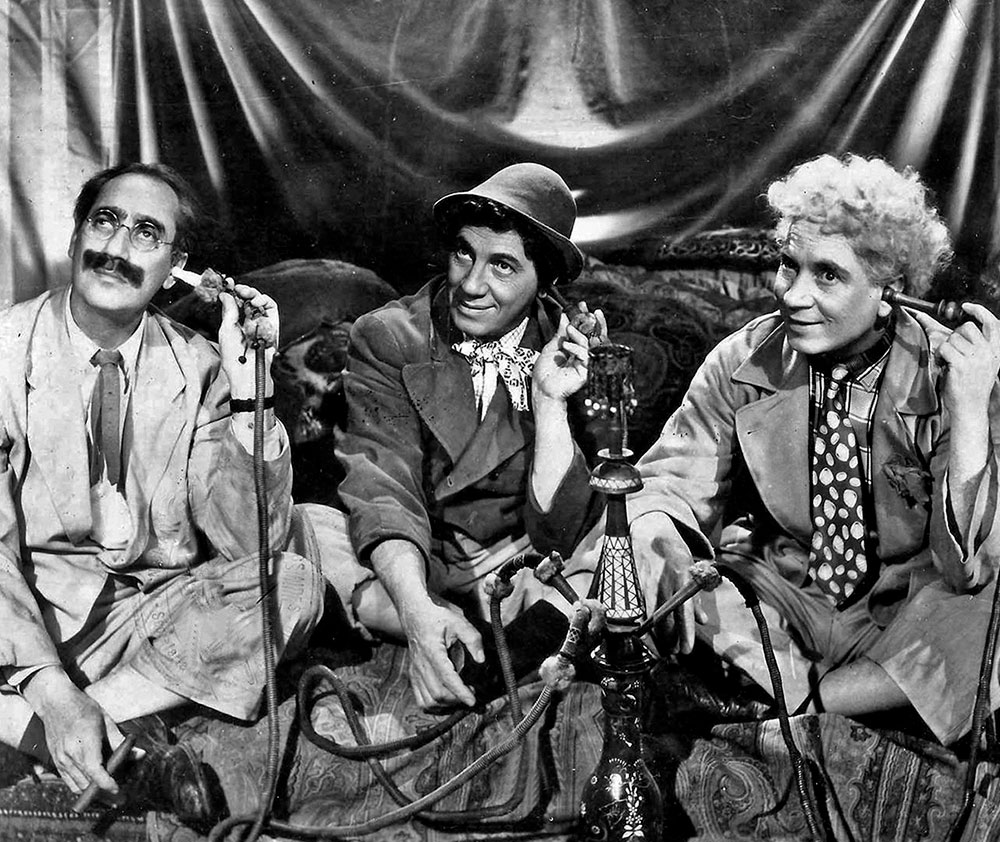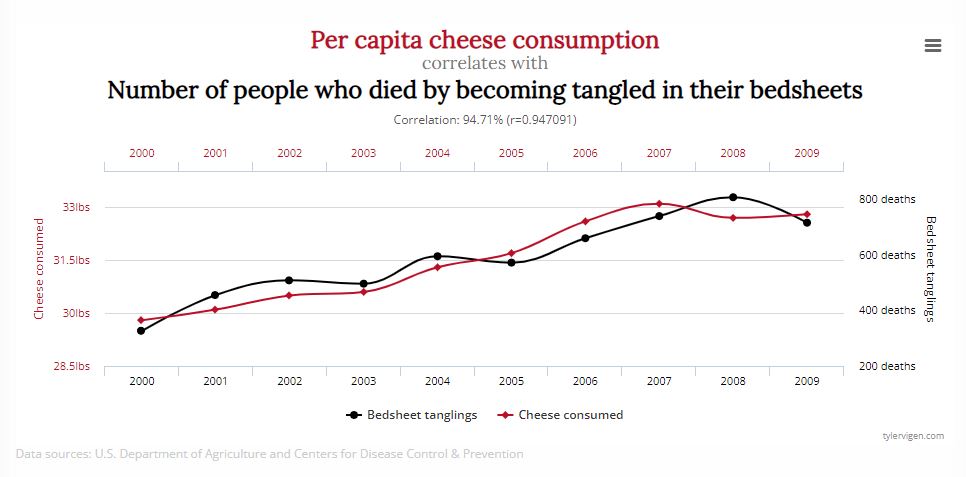
Posted on 12/14/2022 1:07:52 PM PST by nickcarraway
If you passed on getting the COVID vaccine, you might be a lot more likely to get into a car crash.
Or at least those are the findings of a new study published this month in The American Journal of Medicine. During the summer of 2021, Canadian researchers examined the encrypted government-held records of more than 11 million adults, 16% of whom hadn’t received the COVID vaccine.
They found that the unvaccinated people were 72% more likely to be involved in a severe traffic crash—in which at least one person was transported to the hospital—than those who were vaccinated. That’s similar to the increased risk of car crashes for people with sleep apnea, though only about half that of people who abuse alcohol, researchers found.
The excess risk of car crash posed by unvaccinated drivers “exceeds the safety gains from modern automobile engineering advances and also imposes risks on other road users,” the authors wrote.
Of course, skipping a COVID vaccine does not mean that someone will get into a car crash. Instead, the authors theorize that people who resist public health recommendations might also “neglect basic road safety guidelines.”
Why would they ignore the rules of the road? Distrust of the government, a belief in freedom, misconceptions of daily risks, “faith in natural protection,” “antipathy toward regulation,” poverty, misinformation, a lack of resources, and personal beliefs are potential reasons proposed by the authors.
The findings are significant enough that primary care doctors should consider counseling unvaccinated patients on traffic safety—and insurance companies might base changes to insurance policies on vaccination data, the authors suggest.
First responders may also consider taking precautions to protect themselves from COVID when responding to traffic crashes, the authors added, as it’s more likely that a driver is unvaccinated than vaccinated.
“The findings suggest that unvaccinated adults need to be careful indoors with other people and outside with surrounding traffic,” the authors concluded.
This isn’t the first time that researchers have examined the link between behavior and vaccination status. Among young adults, a 2021 study published in the Journal of Bioeconomics found a correlation between self-reported risky driving and having skipped their flu vaccine. It examined the survey responses of more than 100,000 Canadians.
....and being hit by a meteor.................
They are totally in danger of being T-Boned at a traffic light by somebody having a sudden mysterious blood clot
Correlation is being confused with causation.
It might be arguable that those who skip “vaccinations” are greater risk takers hence less likely to be responsible drivers, but I believe those most at risk are the “boo$ted”.
Is this from The Babylon Bee?
People who fund studies like this are more likely to believe that liberalism makes sense.
I believe the needle on the gaslighting meter is hopelessly pegged.
Whatever, how about I chug a fifth of vodka?

B.S. study with predetermined results using other people’s money. Pure insanity.
I would argue that those that take untested vax’s are the risk takers.
I drive carefully and do not take risks if they can be avoided. This is also why I did not take the needle.


Because you are more likely to be hit by a vaccinated person?
you might be a lot more likely to get into a car crash.
HAHAHAHAHAHA!!! LMFO!
These people are effin nuts...certifiably so.
Maybe it’s because the purebloods are still working while the nervous nellies are lounging at home — masked, of course — pretending to “work from home.”
It's a gateway drug sort of thing: first they're refusing the jab, and next thing you know it they're machine-gunning entire villages of peace-loving LGBTQ disabled minorities. Well, it could happen.

Disclaimer: Opinions posted on Free Republic are those of the individual posters and do not necessarily represent the opinion of Free Republic or its management. All materials posted herein are protected by copyright law and the exemption for fair use of copyrighted works.